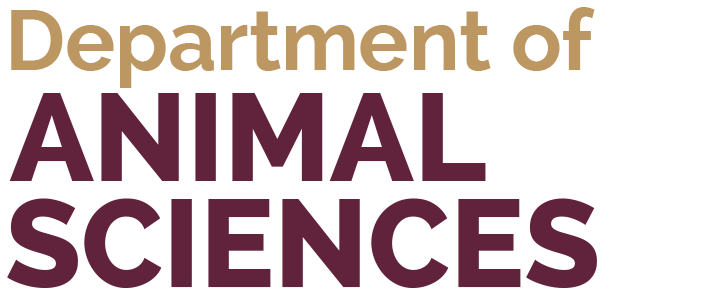The Animal Production Systems program encompasses a 4-year bachelor’s program, which culminates in the awarding of a BScAgric degree in the field of Animal Science.
Animal Science is considered as the scientific study of the nutrition, breeding, physiology and production of animals.
The programme covers an integration of knowledge of the fields of animal physiology, monogastric and ruminant nutrition, animal breeding, production and product quality, ecology, biochemistry, as well as the management of animal production systems for increased production and production efficiency in an environmentally friendly, sustainable and cost-efficient manner.

